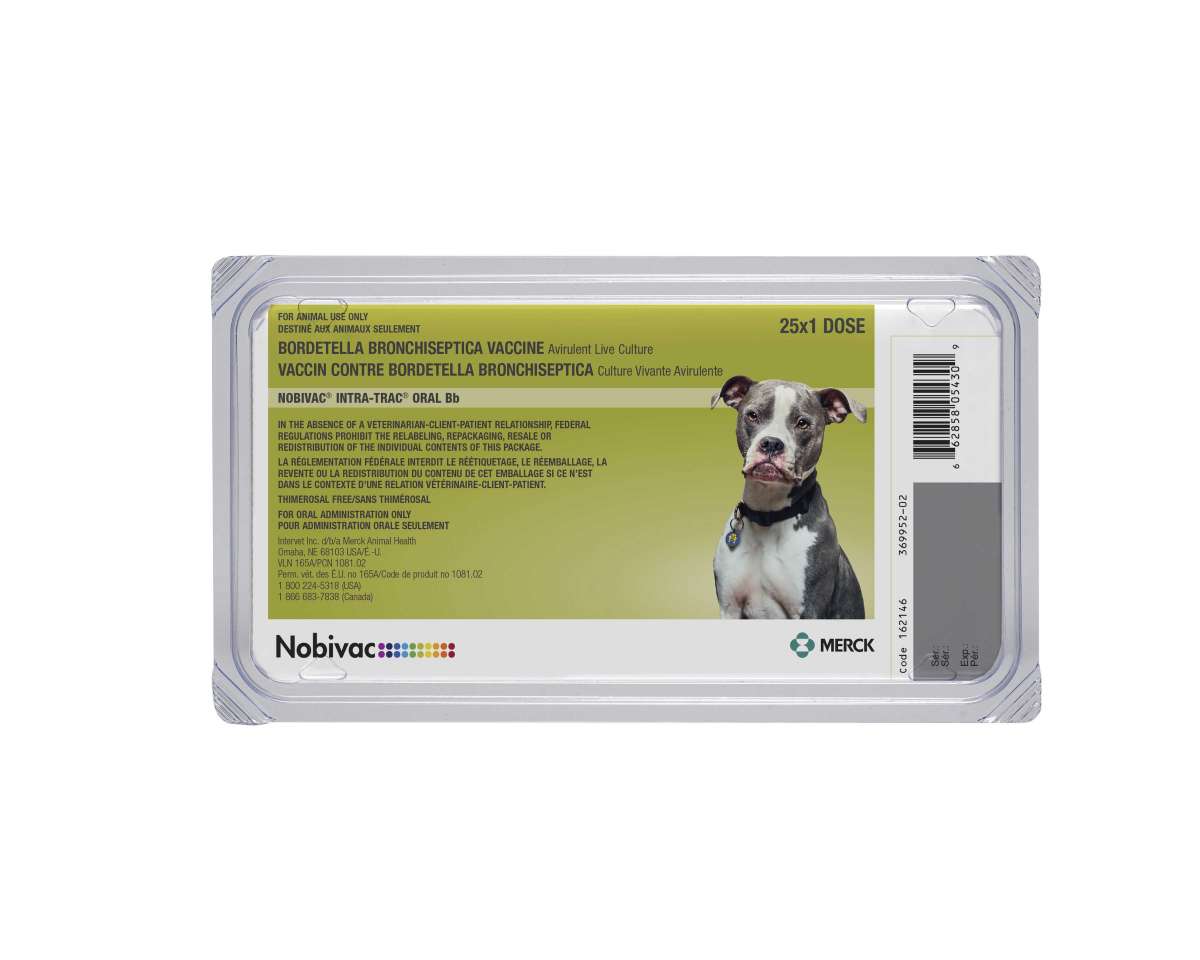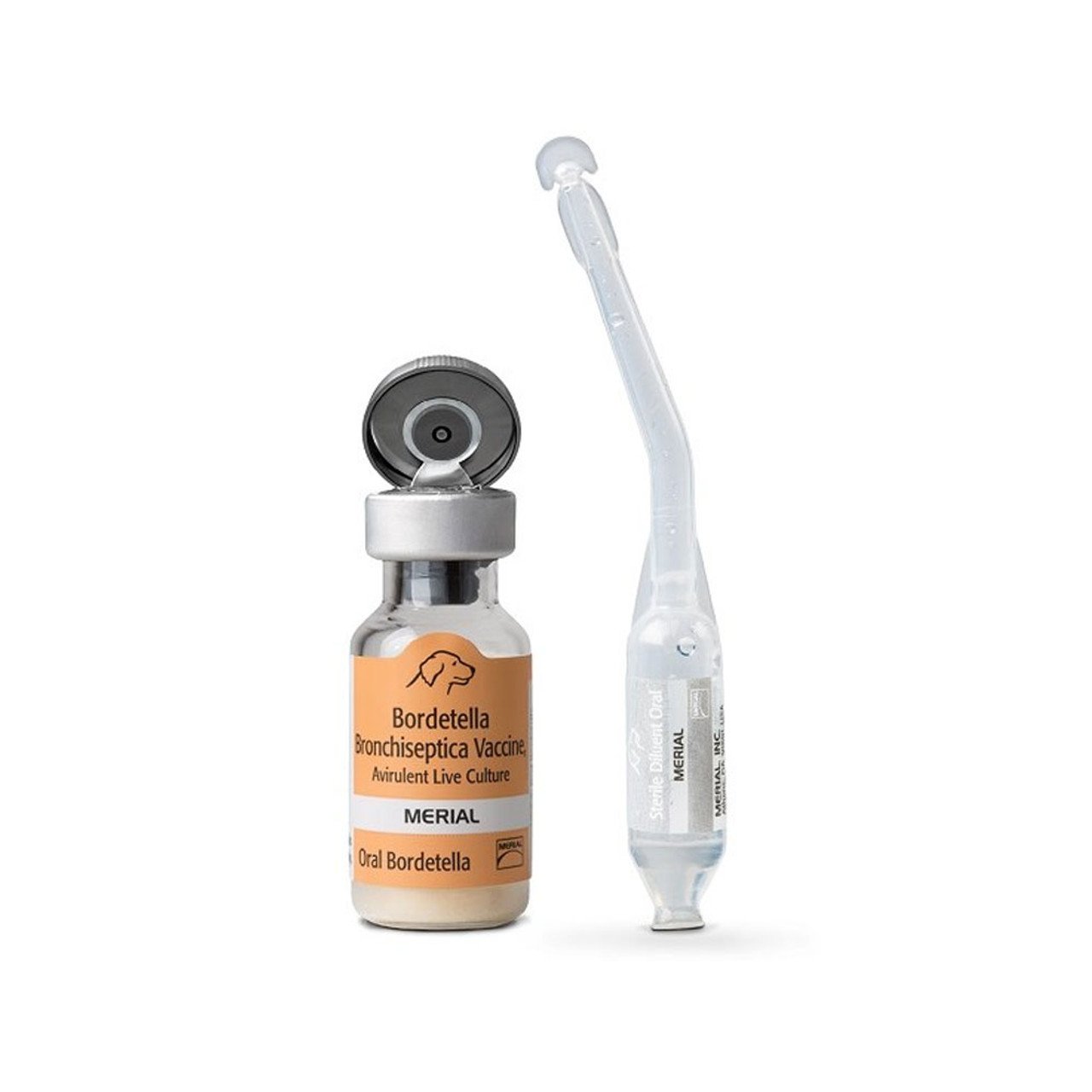The article is well researched and well written in terms of the concentration of the writer of the piece on veterinary health, animal care, and preventive medicine. The author has done a significant amount of research and reading, reviewing veterinary textbooks, consulting veterinary health association recommendations, reading clinical studies concerning canine respiratory disorders, and examining what experienced veterinarians have to say concerning the subject. The purpose of this study is to give the dog owners a solid and useful information about Bordetella vaccine.
All attempts have been made to transform high scientific information into the amateur reading style, which assists pet owners to learn the reasons why this vaccine is important, and how to understand the mechanism of this vaccine and how it would contribute not only to the welfare of the dog but the health of the dog society. His aim as the author is to empower the reader and liberate them to make decisions regarding their pets by delivering the truth in a compassionate, detailed, and easy to comprehend form.
Introduction
bordetella vaccine is extolled as one of the most effective medical techniques. Vaccines have proven to be a pillar of good health by warding off human life threatening diseases as well as preventing outbreaks amongst animal populations. The most commonly-known vaccines in the world of pets (especially dogs) would include rabies, canine distemper, and parvovirus vaccines. It has what veterinarians term as lifestyle vaccines, however. They are vaccinations given to pets depending on their surroundings, exposure to others and certain dangers.
Of these the bordetella vaccine immunization is one of the most commonly used, being available to immunize against Bordetella bronchiseptica which it is closely associated with the respiratory disease kennel cough. Kennel cough or canine infectious tracheobronchitis is a highly contagious respiratory disease which can be passed around easily in the presence of the dog. These are training classes, kennels, dog parks, grooming salons, boarding facilities and shelters. Though not usually life-threatening in a case of kennel cough, it can induce uneasiness through the constant coughing spell, Retching, lack of appetite and weakness.
Depending on the age of the puppy, the advanced age of dogs, or animals of incompetent immune systems, the disease may lead to pneumonia and other critical ailments. It is upon this reason that Bordetella is usually prescribed by veterinarians as a complete package in a preventive health package. This paper will discuss the Borderella vaccine including what the Bordetella bronchiseptica is, the process of the development of the vaccine, its significance, its administration, side effects, and misconceptions.
We will also discuss its importance in the entire world and the Vaccination timetable and respond to some of the most popular questions so as to provide people with a comprehensive idea about this preventive tool.
Understanding Bordetella Bronchiseptica and Kennel Cough
In order to realize how significant the bordetella vaccine can be, it is somewhere necessary to comprehend what Bordetella bronchiseptic is and how it causes kennel cough. Bordetella bronchiseptica is a gram negative pathogen that attacks the lining of respiratory system of a dog. After adhering to trachea and bronchus, it breaks the natural protective obstacles of the airway path, facilitating the occurrence of infection. Kennel cough is seldom due to Bordetella itself but rather the result of a mixed infection of pathogens, which include canine parainfluenza virus, canine adenovirus and occasionally canine influenza virus.
These pathogens act in concert with each other to form a multi-factorial infection which causes dogs to cough violently, vomit, and look unwell in general. Kennel cough has its name because typically originates in kennels where animals are kept in a confined space and a respiratory virus can easily spread to another dog or animal.
Kennel cough has a very characteristic sound, which is a dry and hacking cough; some owners say that it sounds like a dog attempting to clear its throat. Although the infection resolves after a period of two to three weeks, it is very painful in most dogs and it may cause complications in susceptible animals. It is contagious, so just one pet can infect dozens of other dogs, resulting in outbreaks of kennel cough that can cause anxiety to owners in addition to endangering the health of pets.
The Development of the Bordetella Vaccine
The background of the Bordetella vaccine speaks to the desire of veterinary care to prevent. Researchers identified that it was hard to treat KC after its dissemination; it was not only due to its contagious character but also related to the situation of making pets and pet facilities less comfortable. The answer to this was to come up with a vaccine that could lower the severity as well as prevalence of infection.
Scientists have come up with a various versions of vaccine form Bordetella which has improved the way it is given, or the strength of the immunity being presented. The goal has remained constant: to activate a dog on the immune system level so that when the animal is exposed to B. bronchiseptica disease, its defenses can be mobilized sufficiently to prevent a disease before it could occur. What lies out is the result of a vaccine that is already a standing feature in veterinary clinics, especially those of dogs residing in urban cities or those that live with a lot of dog social interactions.
How the Bordetella Vaccine Works
Unlike the case with the Bordetella vaccine, there is no illness that is induced by the vaccine, although in the case of the Bordetella vaccine, it is known that the vaccine does work by exposing the immune system to either killed or attenuated (or weakened) bacteria. This supervised exposure beats the immune system of the dog to accept the bacteria in the future. When the actual pathogen enters the respiratory tract the immune system is able to respond rapidly to the presence of the pathogen with the use of antibodies and immune cells and prevent infection or stop the infection before it has a chance to cause illness.
It is necessary to note that vaccination is not just 100 percent of the time sufficient to guarantee prevention of infection. Though, in previously vaccinated dogs that still get kennel cough, their symptoms are generally more tolerable and they also heal much easier than unvaccinated dogs. Such a diminishing severity is vital to the comfort and health of the individual dog as well as reducing the chances of the dog further spreading the disease to other animals.
Forms of the Bordetella Vaccine and Their Effectiveness
The Bordetella vaccine has been developed in three predominant varieties, namely injected, intranasal and oral. They both have their own advantages, and the vet might prescribe one or the other depending on the particular needs, health and style of dog. The vaccine is injected under the skin consisting of inactivated bacteria. It also takes longer to produce immunity and in some cases requires multiple doses to work in totality. Such a form can work well where the owner has a preference towards traditional injection technologies or are unable to administer a nasal spray with comfort to the dog.
The intranasal vaccine is put directly into the nostrils of a dog in liquid. The fact that it attacks the respiratory system where Bordetella normally attacks also gives it greater speed in terms of immunization. Veterinarians often favor the use of this form in dogs that are being taken to boarding facilities because of protection in urgency. The newest invention is the oral vaccine, where one pours a liquid inside the dog mouth. This can be an alternative method to inject or put nasal drops in dogs that may not tolerate these methods but it can be considered to offer protection.
Importance of the Bordetella Vaccine for Dogs
The Bordetella vaccine falls under lifestyle immunizations, and this type of immunization is optional: its application does not depend on the structural conditions of the dog life. In the case of dogs who spend little time outside of home and see other animals rarely, the chances of infection are not very high. But there is a soaring chance in dogs who frequent the community, such as dogs in training classes, who go to grooming salons, who are boarded at kennels, or who socialize at dog parks.
Most kennels and grooming salons ask dogs to provide evidence of Bordetella vaccination before they will accept the pet in the facility, not only to protect that particular dog but also to protect the rest of the group. With traveling pet owners, the vaccine is not an option as many boarders will not take unvaccinated dogs. Vaccinating against Bordetella, an owner not only saves his/her dog additional suffering that he/she might experience as a result of exposure but takes responsibility about the health of the rest of the pets as well.
Vaccination Schedule and Recommendations
The immunization program of Bordetella varies according to the vaccine that is used and to the health condition of the dog. Puppies can normally be given Bordetella vaccination at the age of between six and eight weeks. Depending on the immunization, several immunizations can be injected and another one two to four weeks later to develop resistance. One of the advantages with intranasal vaccines is that they need only a single injection against disease protection, but may need boosters.
The veterinarians usually prescribe a dose boost every six to 12 months, depending on its exposure status. The dogs that regularly go to daycare or boarding may need more frequent boosters whereas those with lesser exposure to them may not need it so much. Ultimately, a final decision must always be arrived at with a veterinarian advising, as he or she is in a better position to weigh the risks and propose the best schedule.
Possible Side Effects and Safety of the Bordetella Vaccine
As with any vaccine, there are instances where a mild side effects could result. The side effects tend to be minor and short-lived like some nasal discharge, sneezing, some coughing, or a bit of tiredness. Some dogs sneeze following administration of same with intranasal vaccines and this is also normal.
In extreme cases, the dog can suffer allergic reactions that are life-threatening (facial swelling, inability to breathe effectively, excessive vomiting), and they need veterinary care at once. Nevertheless, such cases are very rare, and most of the dogs accept the vaccine perfectly. Considering risks, practitioners underline that the potential danger of side effects is much lower compared to the benefits of the prevention of the kennel cough itself.
Misconceptions About the Bordetella Vaccine
Another misconception that some dog owners have is that kennel cough is not that serious a disease which should be prevented by a vaccination. Though it is known that the majority of the dogs succumb to recovery, the disease may involve days and even weeks of suffering, throw training regimens out of whack and cost medical dollars. In young dogs, older dogs, or pets with impaired immunity, the kennel cough can also develop to pneumonia that may necessitate hospitalization.
The other misconception is that, vaccination means total immunity. No immunization is 100 percent effective, but the Bordetella vaccine significantly decreases the likelihood of severe illness. Vaccinated dogs stand a much higher chance of having mild symptoms and recovering to become pain free much sooner hence keeping both the pet and the owner more comfortable.
Global Significance of the Bordetella Vaccine
Kennel cough, though most commonly known to apply to dogs, has also affected cats, rabbits, and even humans with weak immune systems though in fact these are very rare incidences. Though this is a rare occurrence, this zoonotic risk indicates the overall significance of limiting the transmission of Bordetella among animal populations.
Bordetella vaccination is highly recommended in numerous countries, in particular in areas which have a large population of dogs and the urban area. Animal shelters especially depend on vaccination to immunize their high-risk and large number of animals. Veterinary costs, long shelter stays and epidemics in such facilities are possible with a lack of vaccination.
Frequently Asked Questions
At what frequencies would my dog need the Bordetella vaccination?
The veterinarians tend to suggest the vaccine after every six months to one year, based on the exposing rate of your dog to other dogs. Dogs in kennels and grooming salons, or those that have limited contact might need it more regularly, whereas those who do not need it as often.
Is a Bordetella vaccine lawful?
In contrast with the law-mandated rabies vaccine in most areas, the Bordetella vaccine is an optional one. It is however required by numerous venues as a pre-condition to entry, including kennels, boarding centers and grooming salons.
Can my dog become sick with 1 Bordetella vaccine?
The vaccination against Bordetella does not lead to kennel cough Milder effects like sneezing or small cough after the use of intranasal form may be observed, though, they are not dangerous and temporary.
Is the Bordetella vaccine necessary onimal an indoor animal?
The Bordetella vaccine can be beneficial to even an indoor dog in case he or she has been exposed to groomers, veterinarians, or boarding houses on a semi-regular basis. The likelihood is reduced, though not extinguished and the reason why a lot of veterinarians still practice it as prevention.
Can you give cats Bordetella Vaccine.
Yes, even though it is not very common cats can get bordetella bronchiseptica especially in multi-cat homes or shelters. Vaccines are also available for cats, and if it is deemed high risk, a veterinarian may advise it.
Conclusion
Bordetella vaccine is another important preventive mechanism against one of the most frequent and contagious canine respiratory diseases. Although it would not qualify as a core vaccine, it is an important lifestyle vaccine that could have a significant impact on the life of an active, social dog that is regularly exposed into group situations. Vaccination is a big step that dog owners can take towards better health of their pets as well as the overall welfare of other dogs.
Kennel cough is not always life-threatening, however, it is annoying, rather uncomfortable, and potentially hazardous to some dogs. The vaccination will limit the virulence of this disease and its transmission, providing the dogs with a greater layer of protection against a disease that can permeate social areas at great speed. Part of being a responsible pet owner is through preventative care, and the Bordetella vaccine is a quick, easy, and efficient step towards the overall welfare of our dogs.

